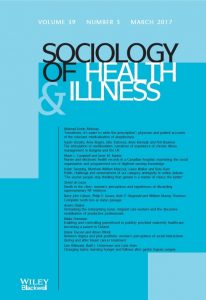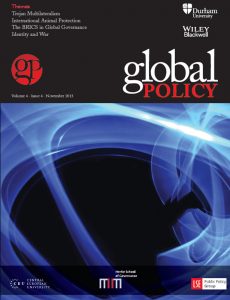Pretty Women, Fighting for Their Rights
[youtube=http://www.youtube.com/watch?v=4G_7CzddUR4]
By linanne10
Along with the presidential election, a proposition promoting the decriminalization of sex-workers, Proposition K, was also put on the voting ballot in San Francisco, California. Proposition K is mainly concerned with sex-workers rights and citizenship. There are three main points proposed in the proposition. First, it stated that law enforcement agencies should not allocate any resources for the investigation and prosecution of sex-workers for prostitution. Second, the proposition noted that any agencies of the City and County of San Francisco should not subject sex-workers to life long economic discrimination associated with having a criminal record. Third, the proposition requires that the San Francisco police department and the San Francisco county office of the district attorney should enforce existing laws against coercion, extortion, battery, rape and other violent crimes, regardless of the victim’s status as a sex-worker.
The goal of the proposition is to decriminalize sex-work, and redefine prostitution as a legitimate form of work. Although prostitution has been said to be the “oldest profession,” people who work in the sex industries do not enjoy the rights and benefits “normal” professionals do. Sex-workers are seen as criminals and are subjected to all sorts of discriminating conditions. According to Brents and Hausbeck’s research on Nevada brothels, sex-workers are not eligible for health insurance, are more vulnerable to violence such as rape and battery and suffer from unreasonable incarceration and confiscation. They are deprived of the right to work, the freedom from fear and the freedom from arbitrary imprisonment and from unreasonable search and seizure. Their experiences of citizenship is “incomplete,” comparing to non-sex-workers. Feminist Barbara J. Nelson has presented the notion of “segmented and fragmented citizenship patterns,” suggesting that citizenship is experienced differently by people of different social, cultural as well as political groups. Not all members in a society experience citizenship alike, and not all citizens are treated alike by official policies. Here, the stratification of civil rights centers around sexuality, with a hierarchy placing sex-workers–who are sexually deviant–at the near bottom end.
If the proposition passed (which it did not), sex-workers would no longer be seen as criminals, at least by the City and County ordinance, and would be able to work under a safer and more secure environment. Without official laws prohibiting prostitution, sex-workers no longer have to worry about police harassment and incarceration. In terms of economic well-being, decriminalization eliminates sex-workers’ chances of having a criminal record, which is fatal to their future job opportunities and financial situations. In terms of physical well-being, sex-workers will be able to report violence conducted against them without fear of revealing their occupation and being arrested by police officials. The proposition redefines sex-work as a legitimate form of work, giving sex-workers the entitlement workers of all other occupations enjoy–the freedom to sell one’s labor power.
However, sex-work is not a victimless crime. Human trafficking, illegal immigration, drugs and gun dealings all have significant associations with sex-work. The problem thus remains: how to restrict and regulate crimes which are tightly associated with sex-work, and at the same time ensure sex-workers’ rights and full citizenship?
Proposition K
Prostitution as a form of work




1475-682X/asset/akdkey.jpg?v=1&s=eef6c6a27a6d15977bc8f9cc0c7bc7fbe54a32de)
1520-6688/asset/Capture.jpg?v=1&s=b5076c49a7d1c5f1b9cf0dd9cd292394a3be81cc)
1 Response
[…] writes about the implications of California’s Proposition K, which unfortunately did not […]